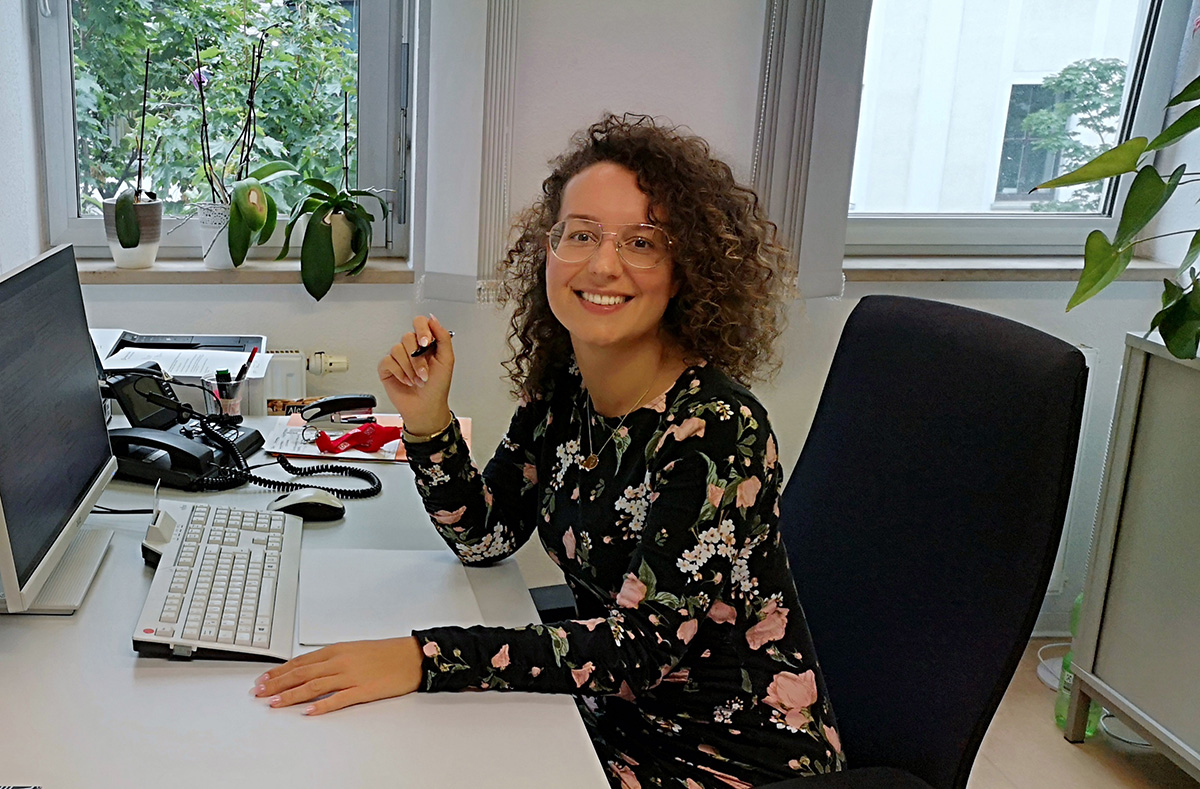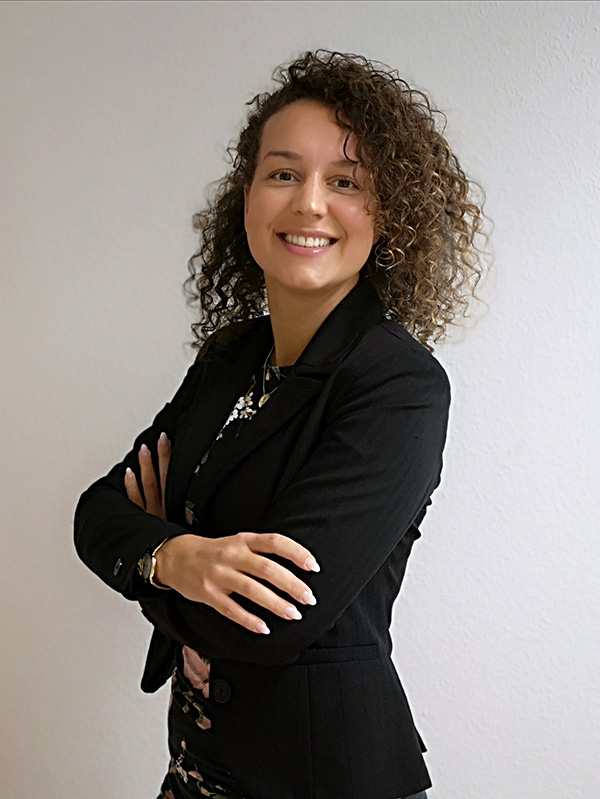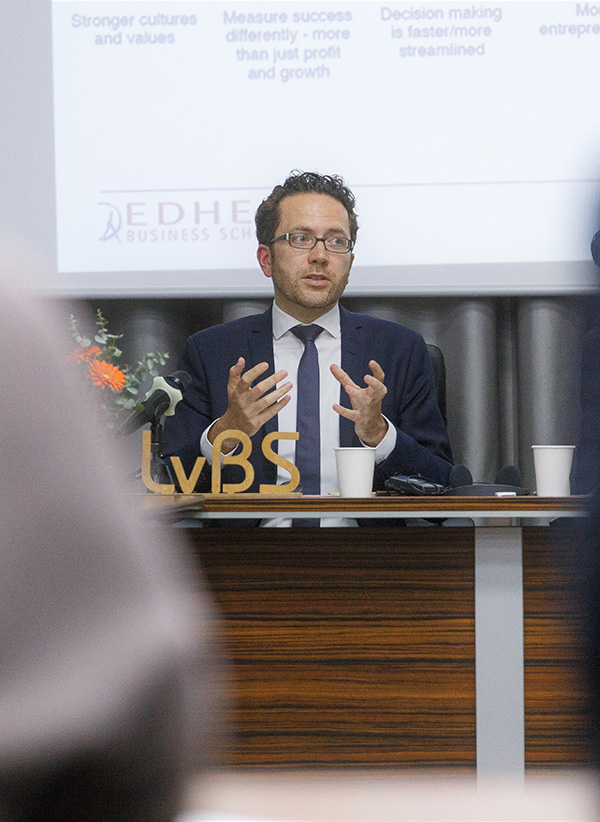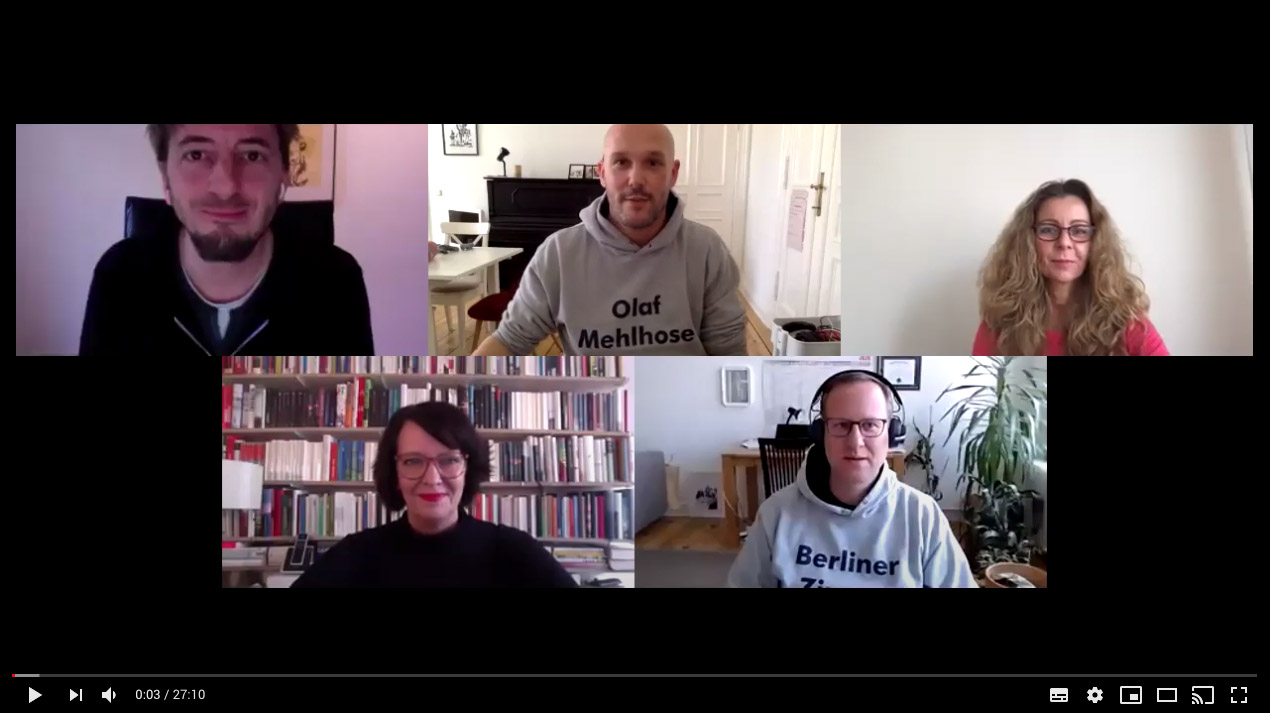“Berlin is not only hip and edgy, but also dirty and precarious”
Why should freelancers turn to the Agentur für Arbeit – especially if they are not from Germany? At first glance, there are not too many reasons for this.
“Integration into employment subject to compulsory insurance holds priority, because unemployment benefit 1 and all other services of the Agentur für Arbeit are primarily financed by the employee and employer contributions of the unemployment insurance. This is why there is also a legal requirement for priority to be given to placement in employment subject to compulsory insurance, which is also reflected in our consulting approach to labor market integration,” explains Nadja Voigt, consultant at the Berlin Employment Agency. “There is no extra counseling for foreigners – and counseling on self-employment / freelancing usually only takes place if the priority of placement in an employment subject to compulsory insurance is not given. Under certain conditions the employment agency can then even support self-employment”.
German as official language
In the past, the 35-year-old has advised and placed artists and creative professionals such as musicians, singers, UX designers, painters, sculptors, etc., in addition to humanities scholars, with regard to their integration into the job market. Since December 2019 she has been responsible for academic professions across all sectors.
A second major obstacle for freelancers with an international background is that the agency’s service offer is primarily aimed at German-speaking job seekers. “Being registered with the Agentur für Arbeit means having rights and obligations on both sides, so we are also placed in a legal context. And because German is the official language, it is therefore also the responsibility of the clients to understand everything linguistically correctly and to come with a translator, for example”.
Is there a viable perspective?
At second glance, however, it makes perfect sense to use the contact points of the Agentur für Arbeit – also for international freelancers. The focus is on a sustainable perspective for integration into the job market. In the context of reconciling work and family life, it is quite possible that the Employment Agency will advise freelancers to take up part-time employment in order to guarantee basic security.
“It depends on the individual circumstances of life,” confirms Voigt. “Especially with artists and creative people, it was often a topic for me in the past years to look for part-time employment in order to have a constant besides self-employment.”
However, Voigt is not sure whether choosing a freelance profession is the right solution for everyone.














